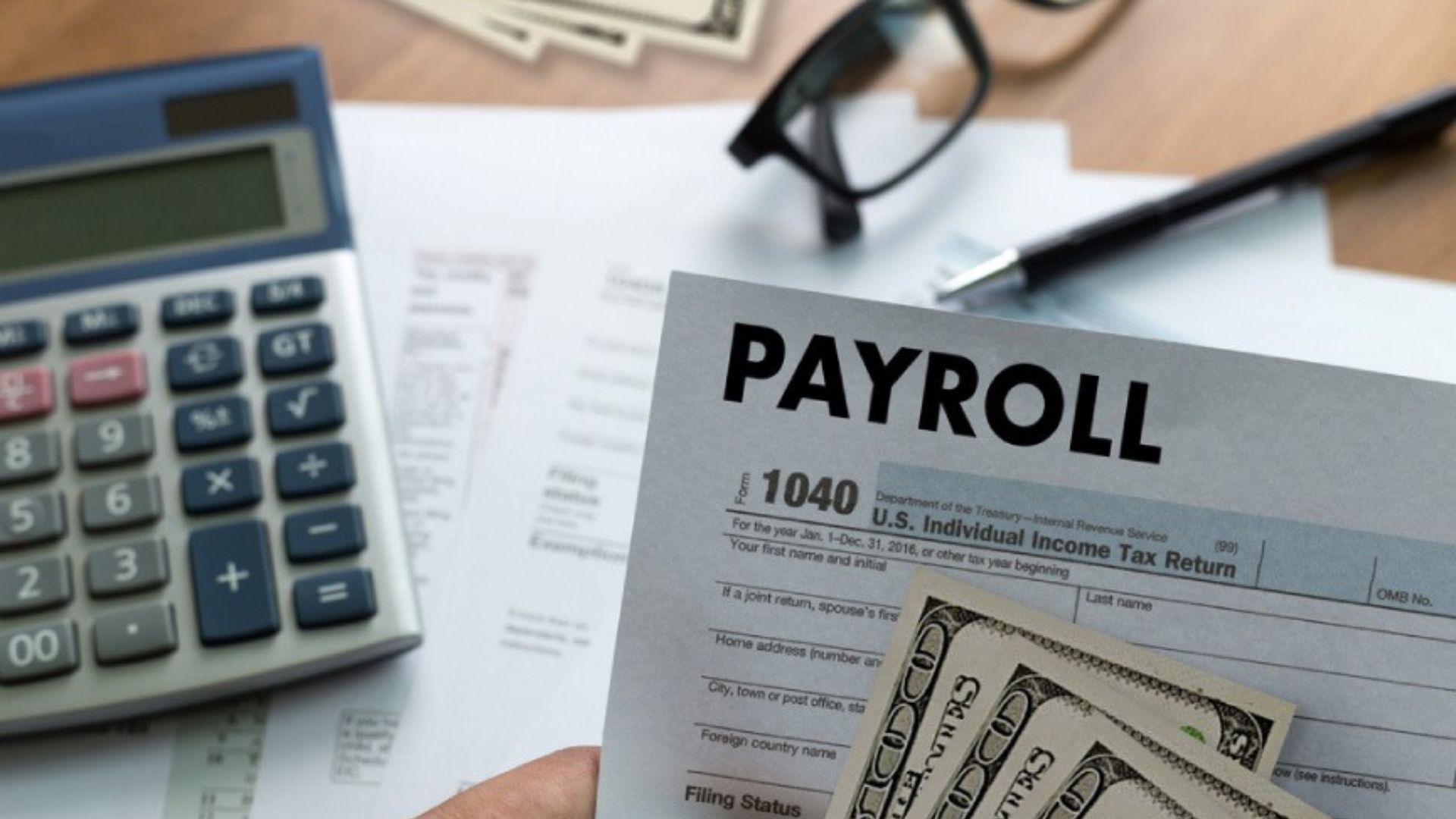Managing payroll can be tricky for businesses of all sizes. There are many details involved, and even small mistakes can lead to big problems. To keep your company running smoothly, it is important to understand the common payroll mistakes to avoid. In this post, we’ll cover these mistakes and how to fix them to ensure your payroll process runs smoothly.

Why Payroll Accuracy Matters
Before diving into common payroll mistakes to avoid, it is important to understand why payroll accuracy is so crucial. When payroll is not accurate, it can lead to issues like:
- Incorrect payments to employees.
- Fines from the government due to tax errors.
- Loss of trust between employees and the company.
- Extra costs due to correcting mistakes.
These problems can affect a company’s reputation and finances, so avoiding these mistakes is vital.
1. Incorrect Employee Classification
One of the most common payroll mistakes to avoid is misclassifying employees. This can happen when workers are incorrectly labeled as either independent contractors or full-time employees. Each group has different tax requirements, and misclassification can lead to problems with tax authorities.
To avoid this:
- Always classify employees correctly based on their role.
- Know the difference between contractors and full-time employees.
- Double-check the classification regularly, especially if their role changes.
2. Missing Payroll Deadlines
Another common payroll mistake to avoid is missing payroll deadlines. Late payments can upset employees, and companies may face penalties for not paying on time. Sometimes, businesses forget to process payroll on time due to busy schedules or poor organization.
To avoid this:
- Set up reminders for payroll deadlines.
- Use automated payroll systems to ensure timely payments.
- Always plan ahead, especially during holidays or busy periods.
3. Not Keeping Accurate Records
Keeping detailed payroll records is essential for any business. Failing to track hours, overtime, and tax deductions properly is a payroll mistake that can lead to confusion and incorrect payments.
To avoid this:
- Keep detailed records of employee hours and deductions.
- Regularly update your payroll system with the latest information.
- Make sure your records are easy to access in case of an audit.
4. Ignoring Tax Updates
Tax laws and regulations can change often. If businesses do not stay updated with these changes, they risk underpaying or overpaying taxes, which is a common payroll mistake to avoid. Errors in tax payments can lead to fines or penalties.
To avoid this:
- Stay updated on the latest tax regulations.
- Work with a tax professional if needed.
- Use payroll software that automatically adjusts for tax changes.
5. Failing to Calculate Overtime Correctly
One of the most common payroll mistakes to avoid involves calculating overtime incorrectly. If employees work more than the standard number of hours, they are entitled to overtime pay. Miscalculating this can lead to underpaying your workers and legal issues.
To avoid this:
- Understand your local overtime laws.
- Accurately track the number of hours worked by employees.
- Use payroll software to automate overtime calculations.
6. Not Providing Pay Stubs
Not giving employees detailed pay stubs is a payroll mistake that some businesses make. Employees need to see a breakdown of their pay, taxes, and deductions. Without a pay stub, they might question their pay, leading to confusion and dissatisfaction.
To avoid this:
- Provide employees with clear pay stubs every pay period.
- Include details such as hours worked, taxes, and deductions.
- Make the pay stubs easy to access digitally or in print.
7. Incorrect Data Entry
Manual data entry can lead to payroll mistakes like entering the wrong pay rate, miscalculating hours, or forgetting deductions. Even one small error can create big problems when processing payroll.
To avoid this:
- Double-check data entries before running payroll.
- Use payroll software to reduce manual entry errors.
- Regularly audit your payroll process to catch any mistakes early.
Conclusion
By being aware of these common payroll mistakes to avoid, businesses can save time, money, and ensure employees are paid accurately. The right payroll processes and systems can make a big difference in avoiding errors. Always classify your employees correctly, meet payroll deadlines, keep detailed records, and stay updated on tax regulations. Additionally, using payroll software can help automate tasks and reduce mistakes.
Avoiding these mistakes will not only save your company from potential issues but will also keep your employees happy and your business running smoothly.




